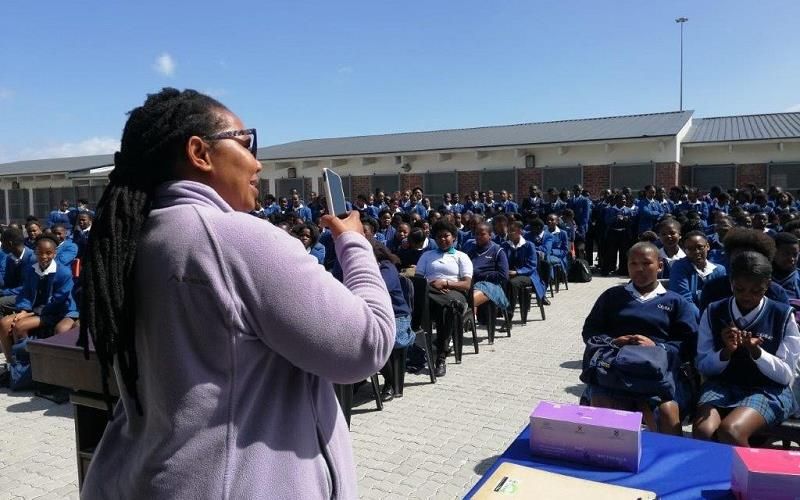Health Department Observations
The Health Department of Cape Town has noticed a concerning pattern: a consistent decrease in the use of contraceptives. Although there has been a simultaneous drop in the number of births, the department continues to promote the use of contraception to prevent unwanted pregnancies.
World Contraception Day (26 September) serves as an essential reminder of the significance of accessible and comprehensive reproductive healthcare. This global initiative takes place every year with the goal of increasing awareness about various contraceptive methods, advocating for access to family planning services, and enabling individuals to make well-informed choices about their reproductive health. Organizations, healthcare providers, supporters, and individuals from around the world come together in support of the right to comprehensive sexual education and access to a range of contraceptive methods.
In light of the decreasing trend, Councillor Patricia van der Ross, the City’s Mayoral Committee Member for Community Services and Health, highlighted the necessity of educated decisions regarding contraception. She recognized that multiple factors could contribute to the reduction in contraceptive consultations but emphasized the importance of making informed choices.
World Contraception Day Event
To commemorate World Contraception Day, the Health Department’s Area East held an event at the Centre for Science and Technology (COSAT) High School, concentrating on the theme of “Empowering Choice, Ensuring Access.” This theme underscores the right to make educated decisions about reproductive health and the necessity for accessible, affordable, and high-quality contraceptive options for all.
In collaboration with the Department of Social Development, Provincial Local Government, Public Participation Unit, and Emthonjeni Counselling and Training, the event featured various activities designed to engage the younger audience. One of the objectives of the event was to provide information about the available contraceptive options, helping students make educated choices and take responsibility for their sexual health.
Councillor Van der Ross stressed the importance of comprehending the advantages and drawbacks associated with various contraceptive methods. These options not only prevent pregnancies, but some also lower the risk of sexually transmitted infections and reduce the likelihood of certain cancers. Clinic staff are available to answer questions and offer expert advice on the most suitable contraceptive option for each individual.
Educational Tools for Reproductive Health
During the event, Health Promotion Officer Eleanor Sopili showcased the Be Wise App, an innovative tool designed to offer access to sexual health information. By downloading the app, students can access critical information that enables them to make educated decisions regarding their reproductive health.
The value of education in reproductive health cannot be overstated. As the City of Cape Town deals with the decline in contraceptive use, efforts such as World Contraception Day and the event at COSAT High School are crucial. By providing accessible, high-quality information and encouraging informed choices, the Health Department aims to reverse the trend and encourage a responsible approach to family planning and sexual health.
The Importance of Public Awareness
Public awareness initiatives, like the annual World Contraception Day, serve as influential reminders of the importance of equipping individuals with knowledge and resources. As communities worldwide experience declines in contraceptive use, it is essential to invest time and effort in promoting access to family planning services and comprehensive sexual education. Informed decision-making is the key to creating healthier, more responsible societies that prioritize the reproductive health and well-being of their members.








